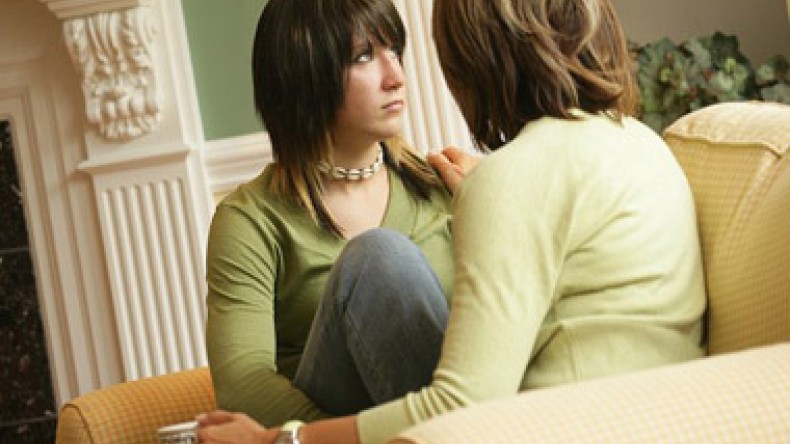
Burden of caring for family takes toll on women in 50s: Health suffers as they juggle responsibilities
The health of women in their fifties is suffering as they juggle caring for aged parents, their own children and grandchildren, the Daily Mail reported, citing a research.
Their quality of life and finances are also being adversely affected as they cope with the strain of being among the ‘most tightly squeezed’ sandwich generation of modern times.
A study from the Institute of Education, University of London, found that 55-year-old women take on a ‘disproportionate’ share of caring responsibilities for younger and older relatives.
IOE researchers used data from the National Child Development Study, which follows the lives of more than 17,000 Britons born in a single week in 1958. They analysed findings from more than 9,100 cohort members who took part in the NCDS age 55 survey.
Overall, 65 per cent had ‘some form of regular caring responsibility’ for either grandchildren, parents or dependent children under the age of 18.
Seventeen per cent were ‘sandwiched,’ looking after the younger and older generation.
Women shouldered most of the burden, with one in five spending more than ten hours a week caring for others – not including time taken up by looking after children living at home. This compared with 14 per cent of men.
Five per cent of women spent 35 hours or more a week looking after parents or grandchildren. Almost four in ten aged 55 had at least one grandchild.
Nearly six in ten grandparents reported that they looked after their grandchildren at least once a month, providing an average of eight hours’ care a week. However, one in ten offering regular help did so for 35 hours or more every week.
Grandmothers in particular provided ‘very regular childcare’, with 42 per cent looking after grandchildren at least once a week. They provided ten hours a week care on average. This compared with 32 per cent of grandfathers, who carried out eight hours a week.
Those who spent ten or more hours a week caring for grandchildren, parents or both – not including time spent looking after children at home – were ‘considerably less likely’ to report their health was ‘excellent’ or ‘very good’ (40 per cent) compared with those who provided less than ten hours (51 per cent).
They were also less likely to say ‘that they often felt full of energy, that their lives were full of opportunity, or that the future looked good.’
IoE researchers said: ‘Our research shows that spending more than ten hours a week caring for parents or grandchildren is associated with poorer health and self-rated quality of life.’
Women were hardest hit financially by providing high levels of care. They were ‘significantly more likely not to be working than those spending less time helping others’. Changes to the state pension age mean that women will have to decide in future whether to leave paid employment before they are 66 and live on less or juggle work with caring responsibilities.
Professor Alissa Goodman, the director of the NCDS, said: ‘Given the increased pressures on people in their fifties, employers will need to be encouraged to adopt “family friendly” working policies towards older employees.’
The study found 64 per cent of those 55-year-olds with a living parent ‘regularly or frequently’ helped them. The most common types of assistance given to elderly relatives were giving lifts (45 per cent of carers), shopping (38 per cent) and decorating, gardening or house repairs (33 per cent).
Almost half of those surveyed had at least one child living at home. The average age of children still at home was 21.
Newsfeed
Videos






























